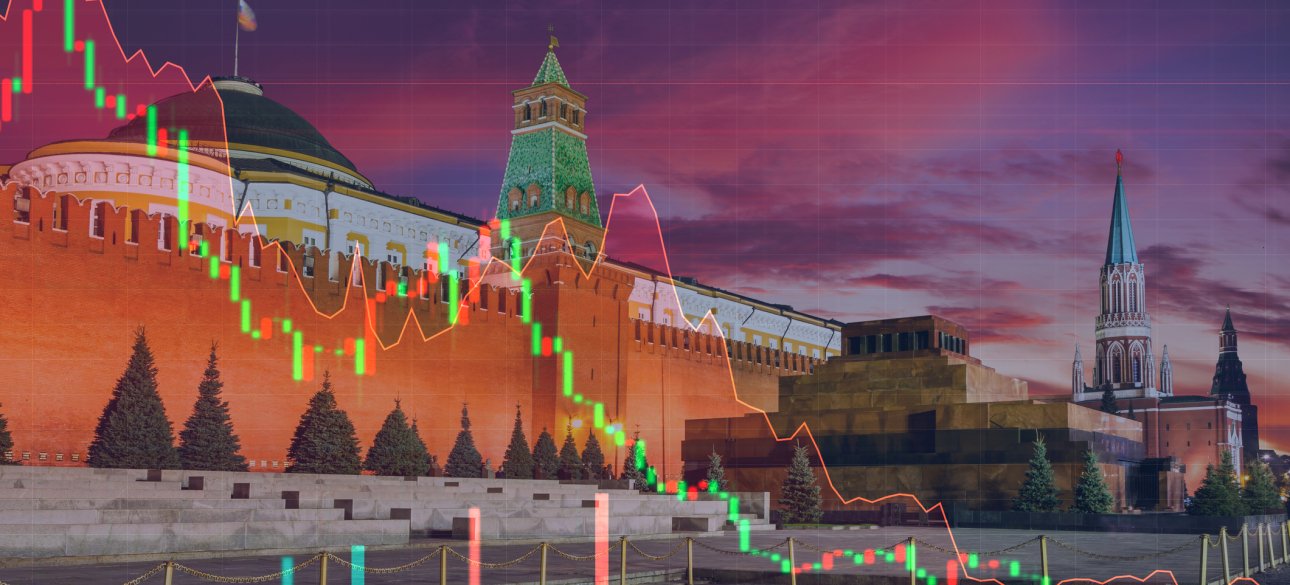
In fact, the real state of affairs in Russia is far from positive, perhaps the most difficult moment for Ukraine from the beginning of the Russian invasion in February 2022, when it seems that the situation on the battlefield has come to a dead end, political support of the event is hesitant under the Hnit of political dysfunction, and The war in the Middle East distracts resources and attention.
However, many reflexive cynics in the Western press are going too far, paying tribute to Ukraine, Russian President Vladimir Putin, and one Wall Street Journal's watchman even declared Putin one of the "winners of the year". We can't get trapped thinking that Putin is all good for Putin and we cannot give up effective pressure measures on him.
Just this week, New York Times even suggested that the exit of more than 1000 transnational companies from Russia had unpleasant consequences, enriching Putin and his associates. All facts indicate that business output will cause significant costs. Economic data clearly show that the Russian economy has paid a huge price for the loss of these enterprises. Putin continues to hide the necessary statistics of Russia's national income - obviously, because there is nothing to boast.
While Putin has expropriated some assets of Asian and Western companies, most companies simply abandoned business in Russia, eagerly writing assets for billions of dollars. For this they were rewarded because their market capitalization increased sharply after the news of their exit.
Not only does Russia sue foreign companies for exit, since the departure of ExxonMobil and BP has put an end to the technologies necessary for oil exploration, but also the Russian Giant Rosneft even sued the Reuters for reporting. Massive disruptions that lead to the closure of Russian plants in different sectors have been described in reports from places that led to arrest and now nine -month prison imprisonment of a heroic journalist who has documented the truth.
Consider the economic statistics we have checked. Talent leakage. In the first months after the invasion of Russia, about 500,000 people left, many of whom were exactly the highly educated and technically qualified workers, whom Russia cannot afford to lose. In a year, at least 1 million people increased this number. According to some estimates, due to this unprecedented escape of talents, Russia has lost 10 percent of its technological labor. Escape of capital.
According to the reports of the Central Bank of Russia, from February 2022 to June 2023, a record $ 253 billion of private capital was withdrawn from Russia, which exceeded more than a fourfold volume of the entire previous capital outflow. According to some estimates, Russia has lost 33 percent of the total number of millionaires living in Russia. Loss of Western know-how. It happened in key industries such as technology and energy.
For example, Rosneft alone had to spend almost $ 10 billion more on capital expenditures over the last year, according to its own data, which is approximately $ 10 of additional costs for each barrel of exported oil, except for difficulties with the continuation of oil drilling in oil in Arctic, which was almost completely dependent on Western technologies and experience. Almost complete cessation of foreign direct investment in Russia.
Direct foreign investments (FDI) in Russia have almost completely stopped for a number of reasons. 22 months after the invasion, there was only one month of a positive inflow of foreign direct investment compared to about $ 100 billion in foreign direct investment annually before the war. Loss of ruble as freely convertible and exchanged currency.
Since global transnational corporations flee the crowds, it could have not interfered with Putin to introduce unprecedented and strict control over the movement of capital against the ruble after the invasion, for example, to ban citizens to send money to bank accounts abroad; suspend cash withdrawal from dollar bank accounts worth more than $ 10,000; force exporters to exchange 80 percent of their revenue on rubles; suspend a direct conversion of dollars for individuals with ruble bank accounts; suspend the direct exchange of currency on rubles; suspend the exchange for rubles.
Not surprisingly, the volume of trade in the rubles fell by 90 percent, resulting in Russian assets, estimated in rubles, are practically not beneficial and are not exchanged in the world markets. Loss of access to capital markets. The western capital markets remain the deepest, most liquid and cheapest source of capital to finance business and take risks. Since the beginning of the invasion, no Russian company has been able to issue new stocks or new bonds in any Western financial market.
And with the escape of transnational companies in Russian enterprises there are no alternative sources of financing and global investors, the attention of which could be attracted. A sharp fall in the value of assets. In part, due to the mass exit of global transnational companies, the cost of assets in Russia has fallen sharply in all directions, and, according to our study, even the total cost of some state -owned enterprises decreased by 75 percent compared to the pre -war level.
According to Times, a 50 percent decrease in the value of many private sector assets has occurred. These are just some of the expenses that Putin had to incur in connection with the release of more than 1000 global enterprises; This is without the harmful impact on the Russian economy of economic sanctions, such as a highly effective limitation of oil prices developed by the US Department of Finance. More than two -thirds of Russian exports were energy, and now it has halved.
Russia, which has never supplied finished products - industrial or consumer - to the world economy, is paralyzed. It is not even an economic superpower remotely, almost all its raw materials are easy to replace from other sources. The military machine is driven only by the cannibalization of enterprises that are now controlled by the state.










All rights reserved IN-Ukraine.info - 2022